Dying star may have helped form Earth as we know it
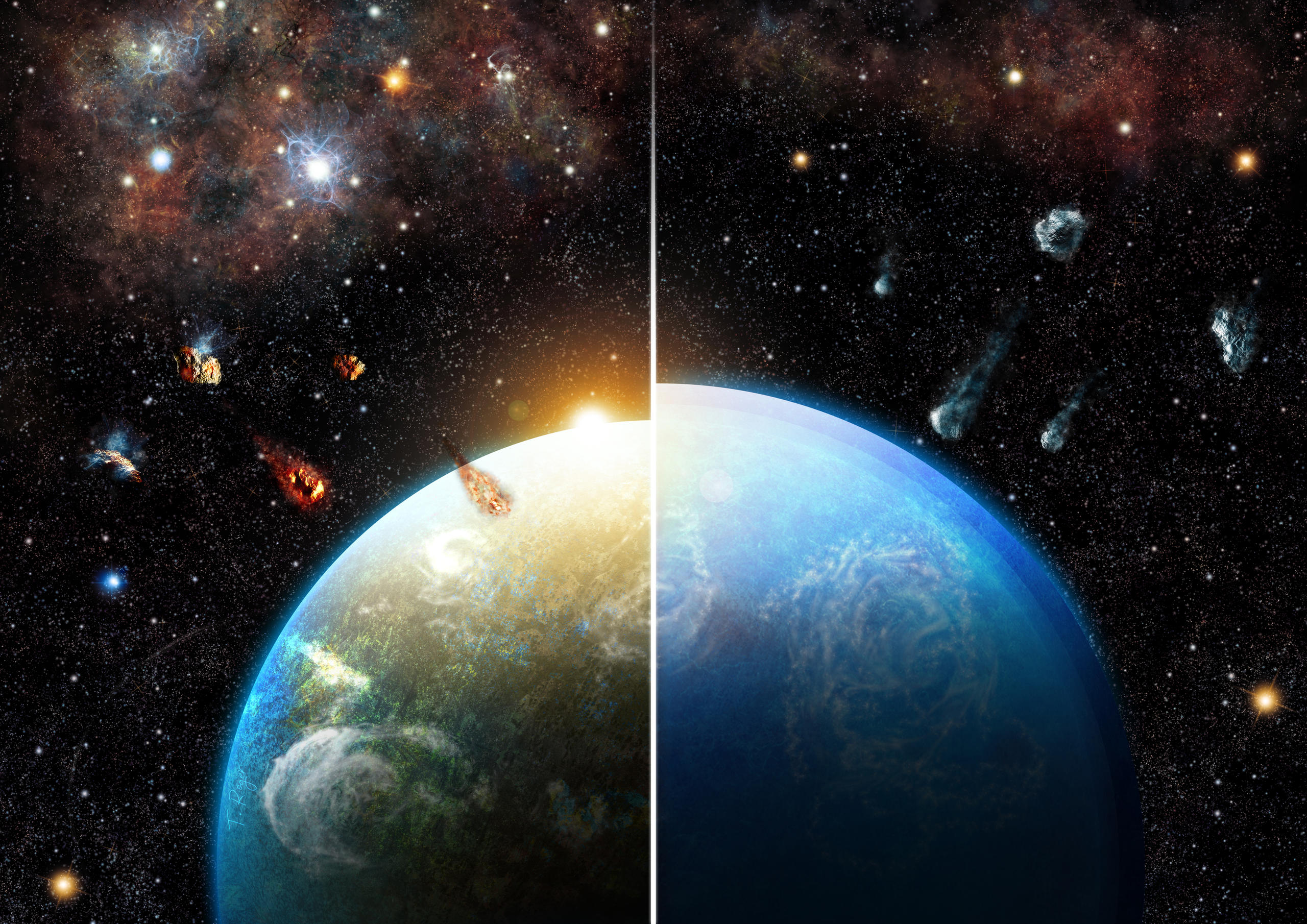
If it had not been for a massive star, Earth may well have developed into a hostile ocean world covered in ice sheets, Swiss and international scientists say.
Computer simulations of planet formation by researchers from the Federal Institute of Technology Zurich (ETH Zurich), and the Universities of Bern, Michigan (US) and Bayreuth in Germany, have shown that radioactive elements from a supernova, or a dying star, could have dried out the building blocks of Earth in its early formation process.
Without this, Earth would have been covered by a deep, global ocean and a thick ice sheet on the ocean floor, as Earth would have collected too much water, they say.
Geochemical processes, like the carbon cycle – which stablises the climate and create the conditions for life – would have been stopped from forming, according to statements from the Swiss National Centre of Competence in Research PlanetSExternal link and the ETH ZurichExternal link.
The results of the team’s research have been published in Nature Astronomy LettersExternal link.
Planetesimals
To test their theory, Tim LichtenbergExternal link, then working on his doctoral thesis at the ETH Zurich, and his colleagues, developed computer models to simulate the formation of planets from their building blocks – the planetesimals, as they are called, which are rocky-icy bodies of probably dozens of kilometres in size.
During the birth of the planetary system, the planetesimals form a disk of dust and ice around the young star and grow into planetary embryos.
“Current thinking goes that Earth inherited most of its water from such partly water-rich planetesimals,” explained Lichtenberg, now a postdoctoral fellow at the University of Oxford.
In theory, Earth could have accumulated too much water. But if planetisimals were heated from the inside, part of the initial ice content would evaporate into space before it could be delivered to the planet.
This may have happened shortly after the birth of our solar system 4.6 billion years ago, scientists say.
Supernova
When the proto-Sun formed, a supernova occurred in the cosmic neighbourhood. Radioactive elements including Aluminium-26 (Al-26) were fused in this dying massive star and got injected into our young solar system. The researchers used computer models to look at whether decaying Al-26 could heat and dry water-delivering planetesimals from the inside.
“The results of our simulations suggest there are two qualitatively different types of planetary systems,” Lichtenberg said.
“There are those similar to our solar system, whose plants have little water. In contrast there are those in which primarily ocean worlds are created because no massive star, and so no Al-26, was around when their host system formed. The presence of Al-26 during planetesimal formation can make an order-of-magnitude difference in planetary water budgets between these two species of planetary systems.”
Applications of the work include, in future, helping telescopes hunting extrasolar planets to track traces and differences in planetary compositions and to refine the predicted implications of the Al-26 dehydration mechanism.
The researchers are therefore eager for the launch of upcoming space missions in which Earth-sized exoplanets outside our solar system will be observable. These will help us understand whether Earth is unique or if there are other, similar worlds out there, they say.

In compliance with the JTI standards
More: SWI swissinfo.ch certified by the Journalism Trust Initiative
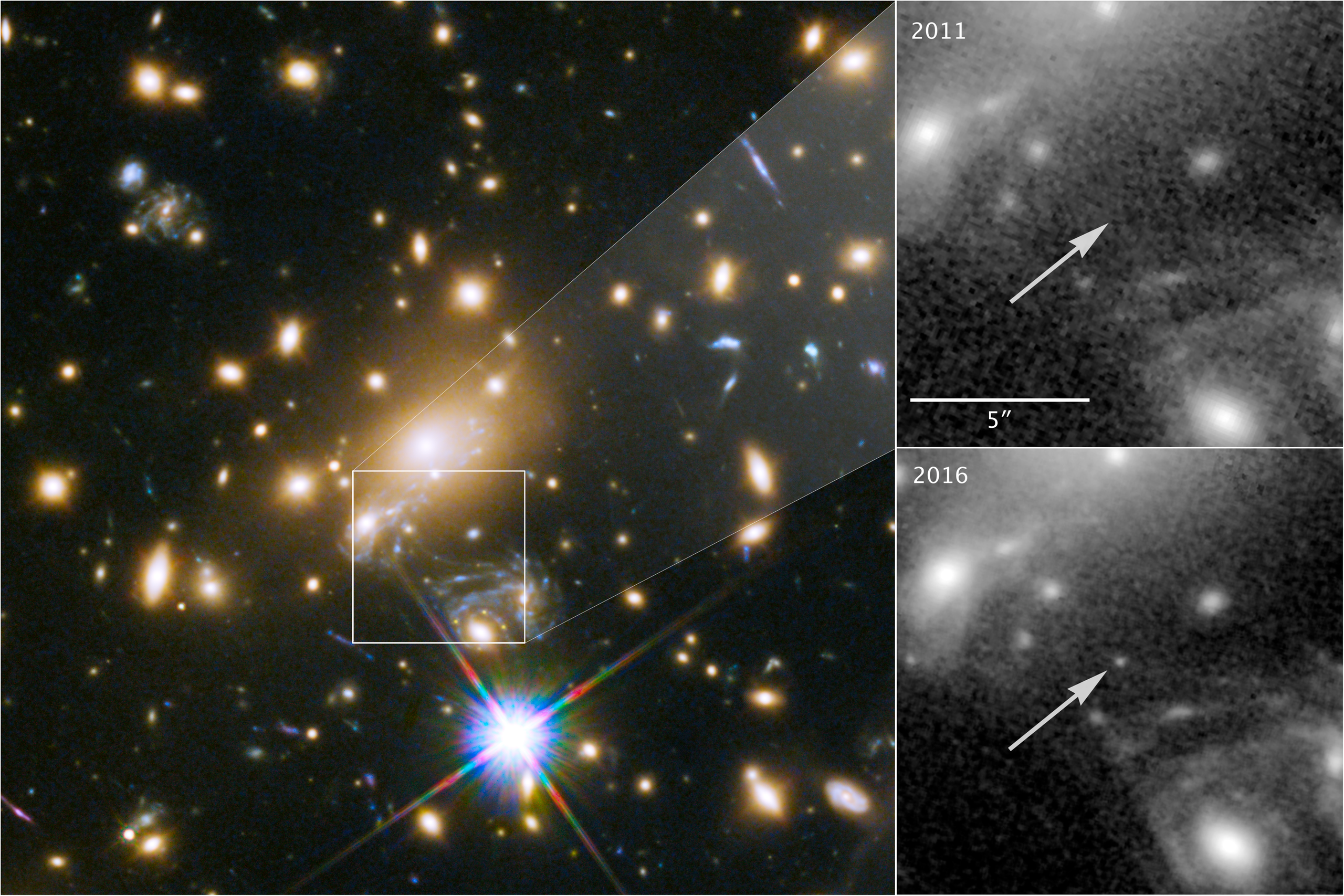
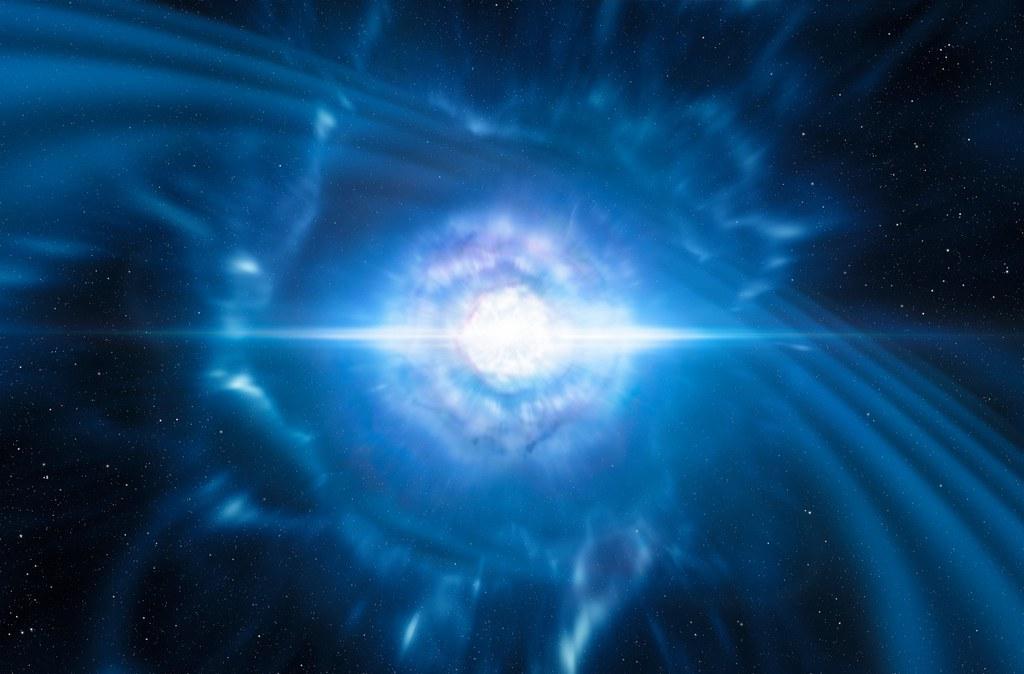
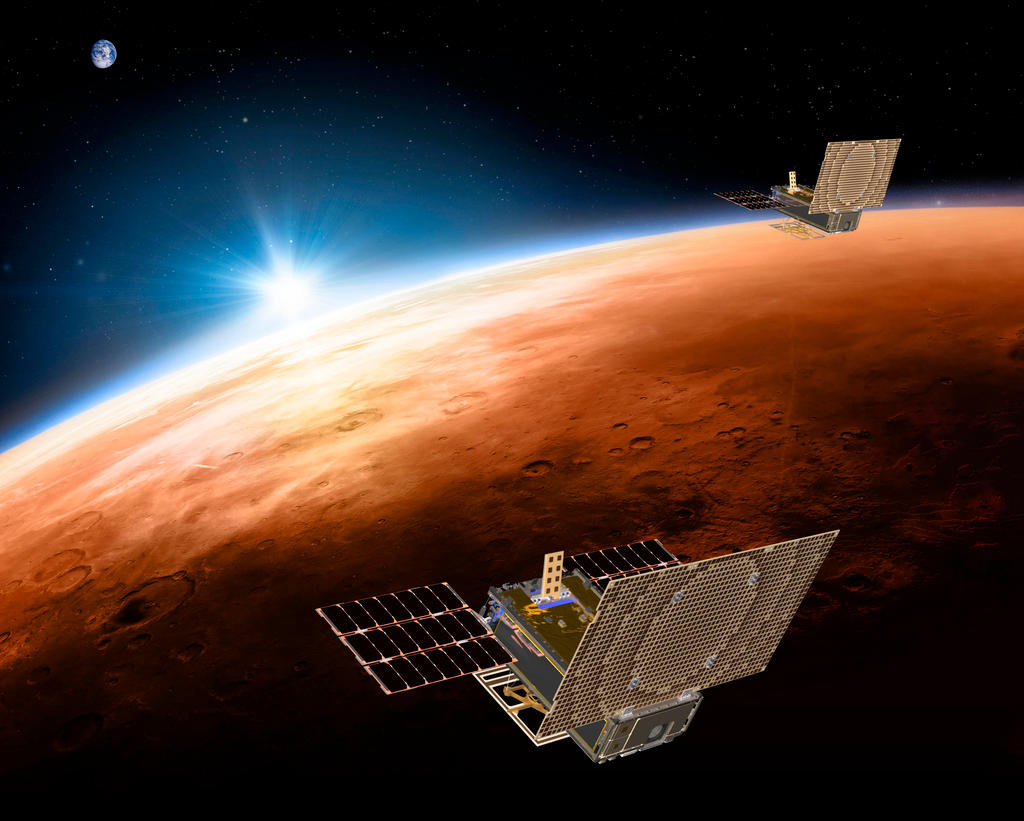
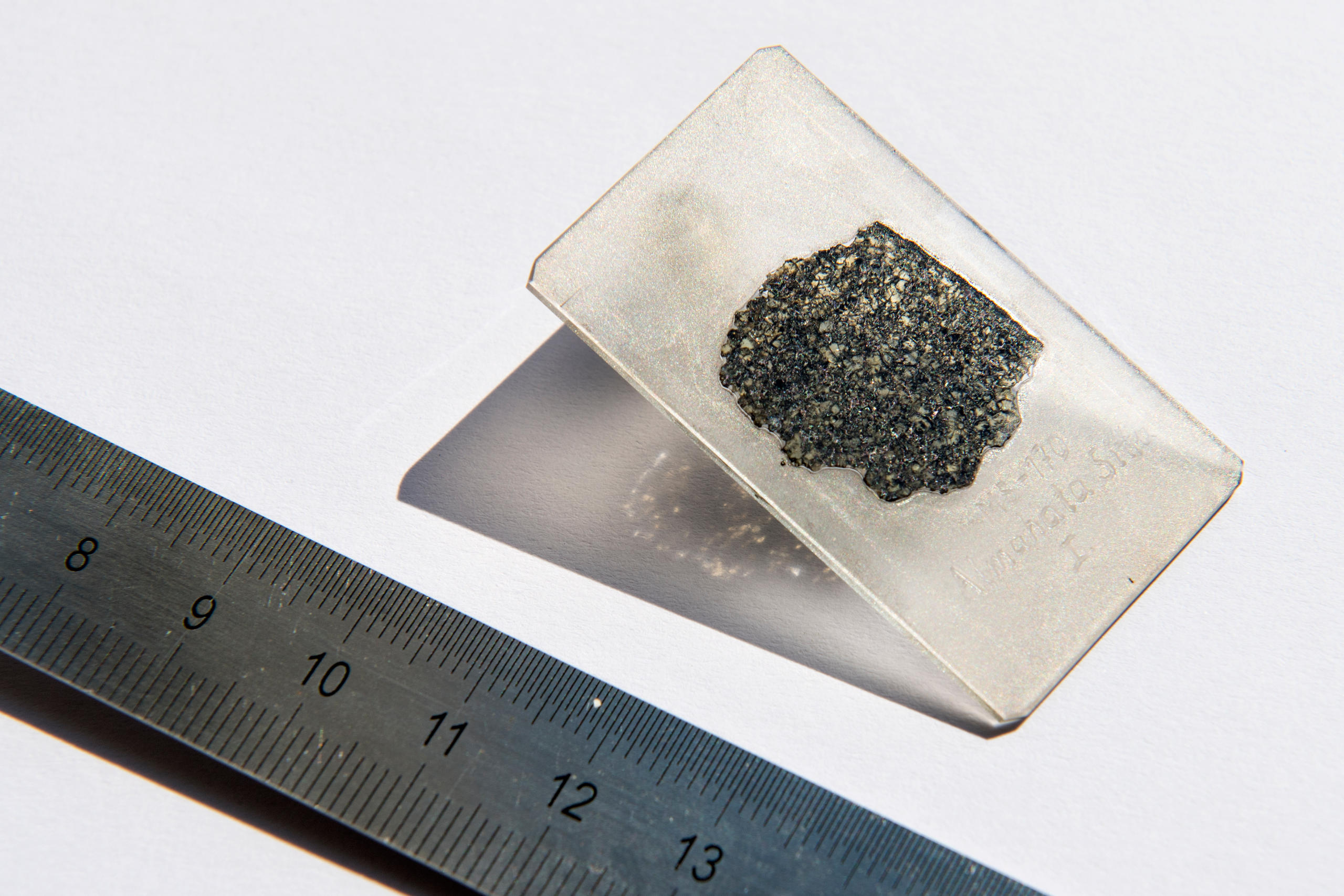
You can find an overview of ongoing debates with our journalists here. Please join us!
If you want to start a conversation about a topic raised in this article or want to report factual errors, email us at english@swissinfo.ch.